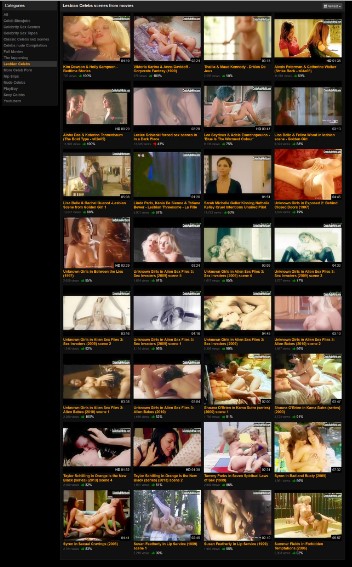AI-Generated Images Have No Limits for Imagination.
In recent years, Artificial Intelligence (AI) has made significant
advancements in image generation, creating new opportunities and challenges
across various industries.
Bias and Stereotypes in
AI-Generated Images
AI models are trained on massive datasets collected from the internet,
which often contain biased or stereotypical representations. As a result, AI
can unintentionally reinforce these biases when generating images. For example,
when prompted with "a productive person," the model may predominantly
create images of white men in business suits, failing to reflect the true
diversity of productive individuals. (washingtonpost.com)
Ethical and Social
Consequences
The use of AI in image creation raises serious ethical concerns. There is
growing apprehension that these technologies can be misused for disinformation
or manipulative content. For example, AI can generate deepfake images and
videos that appear highly realistic but are entirely fabricated, misleading the
public and raising concerns about truth and authenticity. (forbes.com)
Mitigating Bias and Ensuring
Ethical AI Development
To address these issues, comprehensive strategies are necessary. Transparency in AI training processes is crucial, allowing access to information about datasets and training methods. Developers must actively work to identify and eliminate biases in their models. Additionally, ethical guidelines and standards for AI-generated images should be established and implemented across industries. You can already find good works, for example, take the site Thisvidscat.net, it already has AI Porn Photos of shitting girls. There are no boundaries or prohibitions for neural networks and they sometimes do amazing things.

Major AI Art Exhibitions
Despite concerns, AI-generated images have gained recognition in the art world, leading to major exhibitions that explore their creative potential. Two of the most notable AI art exhibitions include:
1. "Photo Brussels 2025" (January 31 – February 23, 2025)
• Location: Brussels, Belgium
• Description: Curated by Michel Poivert, this festival features 17 unique projects exploring the possibilities and limitations of "promptography"—AI-generated photography. The exhibition highlights the impact of AI in modern visual arts and how technology is reshaping photography. (theguardian.com)
2. "Unsupervised" by Refik Anadol at MoMA (November 19, 2022 – October 29, 2023)
• Location: Museum of Modern Art (MoMA), New York City, USA
• Description: This groundbreaking exhibition by digital artist Refik Anadol used AI to interpret and reimagine over 200 years of MoMA’s collection. The AI continuously generated and evolved visual compositions, creating an immersive and ever-changing digital artwork. It was widely regarded as one of the most significant AI art exhibitions to date. (moma.org)
I hope this article was valuable to you.